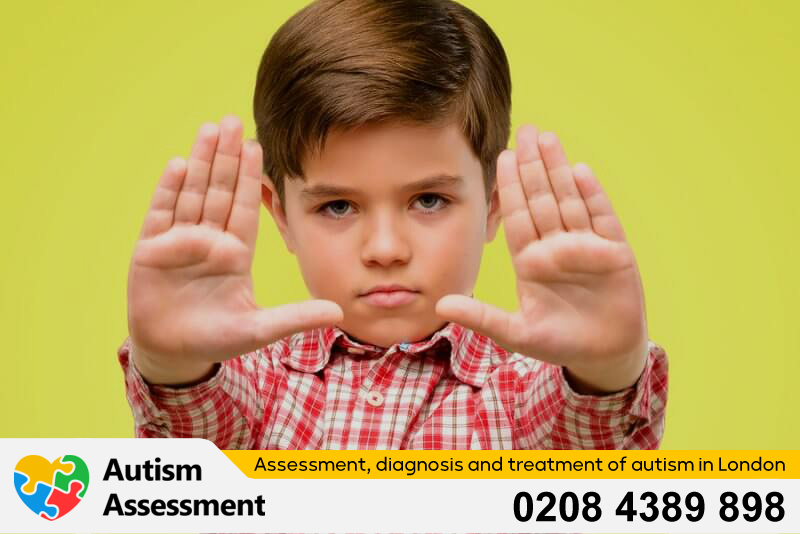are autism tests accurate?
The Accuracy of Autism Tests
Autism Spectrum Disorder (ASD) is a complex neurodevelopmental condition that manifests in a variety of ways, affecting communication, behavior, and social interactions. Given the diverse nature of ASD, the process of diagnosing autism can be intricate and multifaceted. One of the tools used in this process is autism tests, which aim to identify the presence of ASD traits.
The accuracy of autism tests can vary depending on several factors, including the specific test used, the individual’s age, and the context in which the test is administered. For instance, the Ritvo Autism Asperger Diagnostic Scale–Revised (RAADS–R) is a self-report questionnaire designed to identify adults with ASD who may not have been diagnosed due to a subclinical level presentation. The RAADS–R has a scoring range of 0–240, with a score of 65 or higher suggesting a likelihood of autism. However, it is important to note that no single test is conclusive, and a comprehensive evaluation often involves multiple tests and professional assessments.
Healthcare professionals may use a variety of tests to assess symptoms and overall condition. These tests can include screening questionnaires for caregivers, which are brief and help identify those at risk for ASD, sparking further conversations with healthcare providers. However, these screening measures do not diagnose ASD on their own.
Research has shown that some tests, like the Social Responsiveness Scale (SRS), can diagnose children with autism with an accuracy of up to 94 percent, while others, such as the Social Communication Questionnaire (SCQ), have an accuracy of about 80 percent when compared with clinical diagnoses. This highlights the importance of using multiple tools and professional judgment in the diagnostic process.
It’s also worth mentioning that there are no medical tests, such as blood work or brain scans, that can diagnose autism on their own. Diagnosis must be based on observation of the individual’s communication, social interaction, and their activities and interests. However, advancements in research have led to the development of new tests, such as a blood test that predicts autism with 92 percent accuracy, which could potentially support the diagnostic process in the future.
In conclusion, while autism tests are a crucial part of the diagnostic process, they are not infallible. The accuracy of these tests depends on a variety of factors and should be interpreted within the context of a comprehensive assessment by qualified professionals. It is the combination of different tests, clinical expertise, and a detailed understanding of the individual that leads to a reliable diagnosis. For those seeking an evaluation for ASD, it is recommended to consult with healthcare providers who specialize in autism to ensure an accurate and supportive diagnostic experience.



